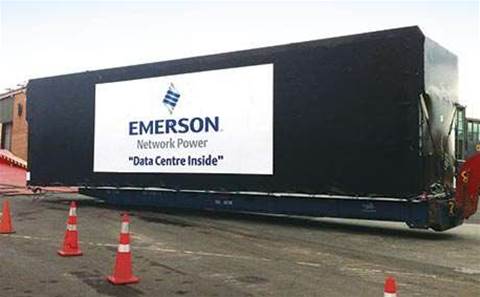This article appeared in the June issue of CRN as part of the main feature "The infrastructure conundrum: build, borrow or buy?"
For 20 years, Jacques Tesson has been distributing power and data centre equipment. As public cloud gains traction, he is also adapting to the needs of partners and their customers by developing innovative, homegrown solutions.
One of the problems with an organisation hosting its own data centre is it brings down its NABERS environmental building rating.
“So we came up with this concept of pods – it’s like a mini data centre in a data centre and we go vertical instead of going in parallel with a traditional data centre,” says Tesson, founder of DPSA and pioneering distributor of APC by Schneider Electric. “Instead of using 200 square metres, we use 50.”
Canberra Data Centres is one of Tesson’s clients and he’s looking to sell more pods interstate and overseas. He is also enabling the channel to use Schneider Electric’s StruxureWare software that optimises data centre energy performance. It also does neat tricks such as migrating a VMware virtual machine away from a crippled host server before the gremlins set in.
DPSA is about to kick off its national roadshow with roundtables in most capital cities and Port Moresby, Papua New Guinea.
It is not the only company looking at drop-in data centres; Emerson Network Power has been doing a strong trade in modular data centres, having recently appointed Steve Shelley as vice president for modular solutions.
Emerson developed the technology as part of a $100-million contract to supply the National Broadband Network (NBN). Shelley says modular solutions solve a problem of either under- or over-specifying data centres. He says clients “either build a data centre that is too small for their future requirement due to capital restrictions or they overcapitalise and it is too big and they have the stress of needing to get people in.”
Emerson recently won a gig in Myanmar – the former Burma – to provide a modular data centre to local telecommunications firm Ooredoo.




_(21).jpg&h=142&w=230&c=1&s=1)


.png&h=142&w=230&c=1&s=1)





.jpg&w=100&c=1&s=0)











